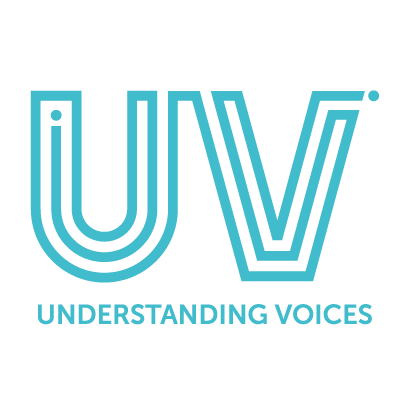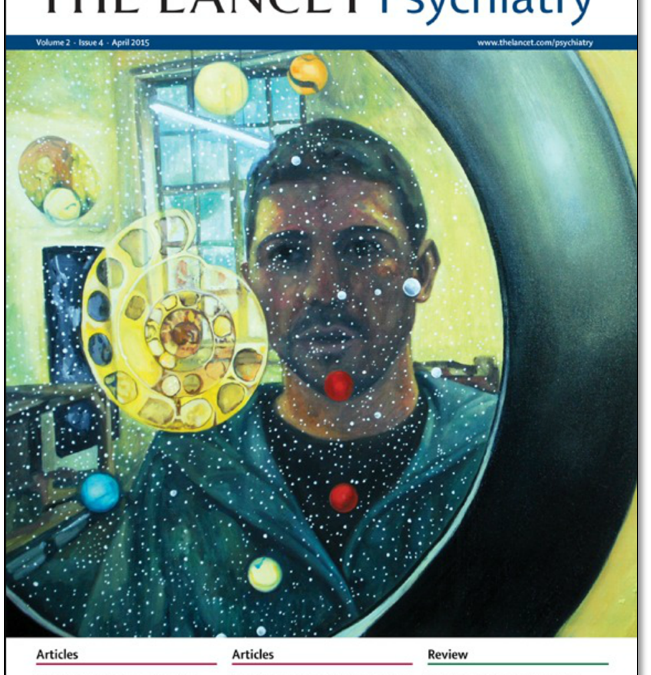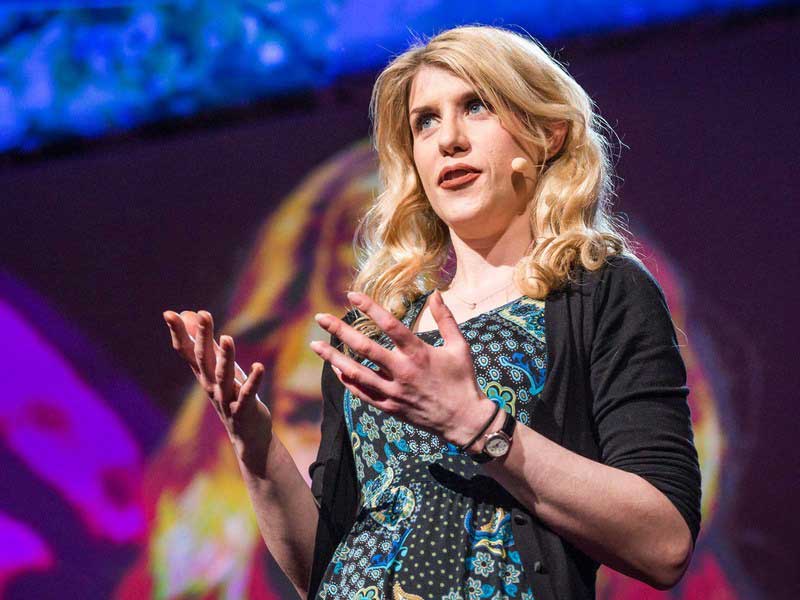WHAT IS HEARING VOICES?
Hearing voices: Definitions
The term ‘hearing voices’ refers to the experience of hearing a voice that no one else can hear. It describes experiences like the above which are very real to the person, do not feel within their control, and are not shared by anyone else.
You may have heard hearing voices referred to as ‘auditory hallucinations’ or ‘auditory verbal hallucinations’. These are words used in a clinical, or medical context.
The term ‘hallucination’ refers to perceiving something which is not present. Hallucinations can occur in all five senses – hearing, sight, taste, smell and touch – or can involve multiple senses at the same time. Some voice-hearers find the term ‘hallucination’ a useful way of distinguishing the voices they hear from external sounds or from everyday inner speech. Others argue that it suggests that their experiences are not real and implies that voice-hearing is a symptom of a mental disorder – which not everyone agrees with.
Watch this short animation to explore different aspects of the experience of hearing voices. Produced by Chocolate Films for Hearing the Voice.
A wide variety of terms are used by people who hear voices, including: ‘intuitive knowing,’ ‘telepathic experience,’ ‘inserted thoughts,’ ‘unusual experiences,’ ‘neuro-diverse experiences,’ ‘amplified sensory interactions,’ ‘spirits’, ‘guardian angels’, ‘alters,’ ‘parts,’ and ‘system members.’
We know that no term will adequately reflect the variety of people’s experiences. We’ve chosen to use the terms ‘hearing voices’ and ‘voice-hearer’ on this site because it is what most people we spoke to feel comfortable with.
While there are many different kinds of voice-hearing experience, this site focuses mostly on voices that occur over a period of time (not just once or twice), have a significant impact on people’s lives, and are seen as in some way out of the ordinary. For the most part, what you read here will not be directly relevant to understanding ‘involuntary auditory experiences’ like tinnitus, musical hallucinations or earworms; inner speech or your own inner voice; or ‘hypnagogic’ and ‘hypnopompic’ hallucinations, which only happen on the borders of sleep.
EXPLORE
Here, we explore four themes: what it’s like to hear voices, how common they are, the link between voices and psychiatric diagnosis, and the different ways in which people interpret or find meaning in voice-hearing experiences. You can click on the buttons below to find out more.
Find out more
About Voices from Intervoice. Intervoice is a charity, registered in the UK, that aims to support the International Hearing Voices Movement by connecting people, sharing ideas, distributing information, highlighting innovative initiatives, encouraging
Mosaic (2014). Voices in the Dark: The people who hear voices. Wellcome Trust. 52 minutes.
The Why Factor (2018) Why do People Hear Voices in Their Heads? BBC World Service. 23 minutes.
BBC Radio 4 (2018). Hearing Voices in the UK. BBC. 28 minutes.
Visit the world’s first major exhibition on hearing voices online. Hearing Voices: Suffering inspiration and the e
Canal Futura/L4 Films (2017). Ovidores de Vozes (Hearing Voices). Youtube. 52 minutes.
Like Minds (2018). What it’s like to hear voices? BBC. 10 minutes.
BBC Three (2018). The Voices in My Head. BBC Three. 49 minutes.
Angela Woods, Nev Jones, Ben Alderson-Day, Felicity Callard, and Charles Fernyhough (2015). Experiences of hearing voices: analysis of a novel phenomenological survey. The Lancet Psychiatry. This study analysed the experience of hearing voices in 153 adults. It shows that people hear lots of different kinds of voices, some with strong characterful qualities.
Angela Woods and Ben Alderson-Day (2015). Hearing voices? Don’t assume that means schizophrenia. The Conversation.
Hearing the Voice. Hearing the Voice is an interdisciplinary study of voice-hearing based at Durham University and funded by the Wellcome Trust.



